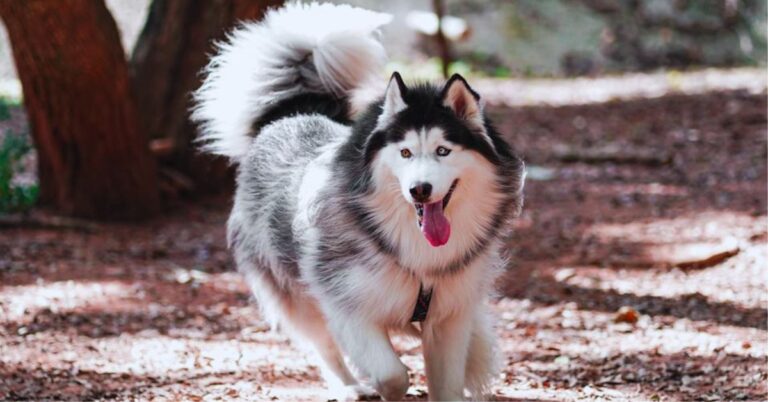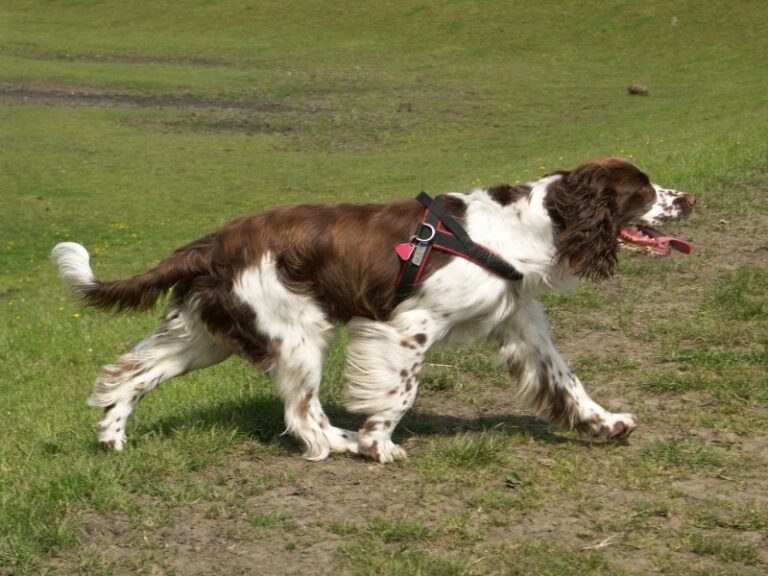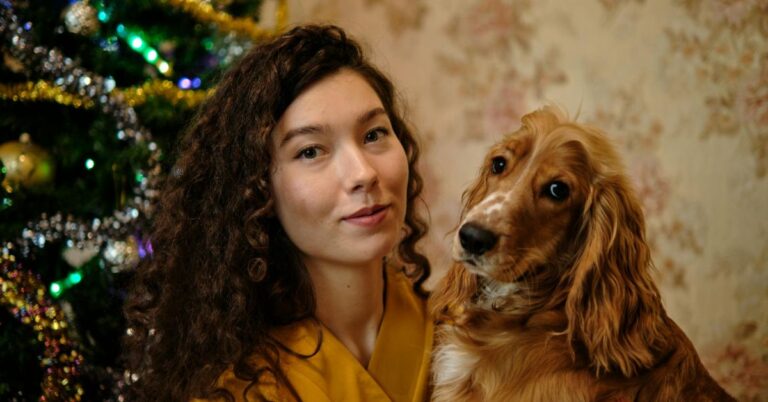30 Surprising Things You Didn’t Know About French Bulldogs

French Bulldogs have skyrocketed in popularity thanks to their lovable faces and easygoing personalities, but there’s a lot more to them than their viral charm. Behind those expressive eyes are quirks, vulnerabilities, and breed-specific traits most people don’t learn until they’ve already fallen in love. Whether you’re a curious admirer or a devoted owner, these facts just might surprise you and deepen your appreciation for these pint-sized companions.
They Can’t Swim
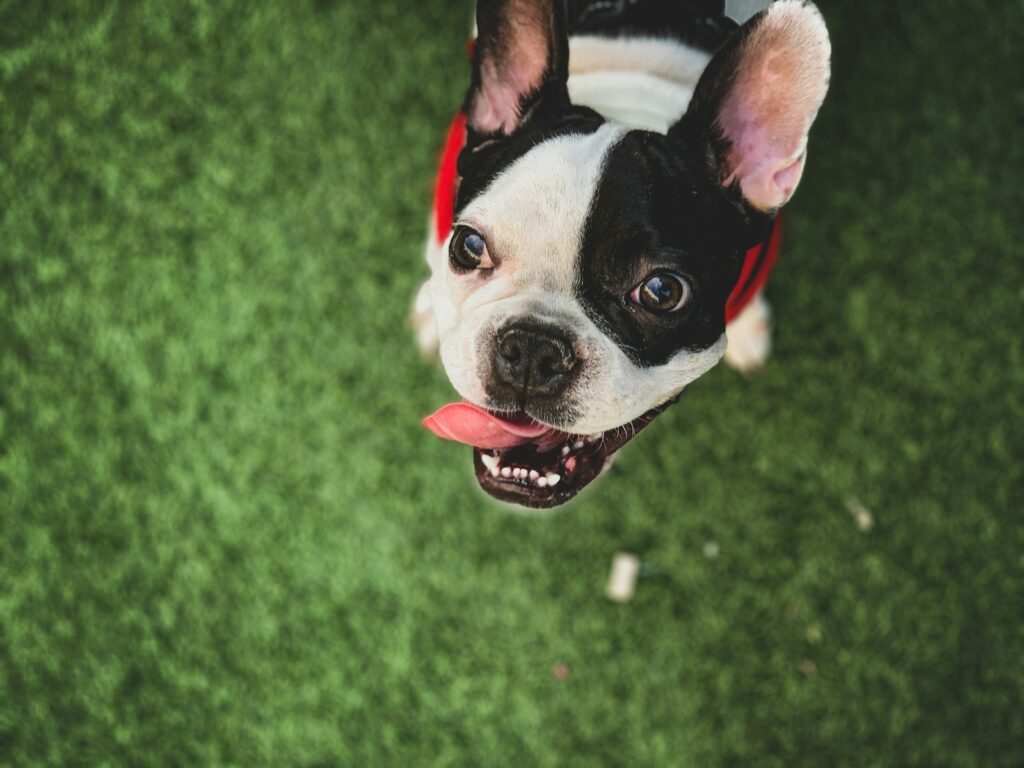
Despite their playful nature and love of companionship, French Bulldogs are terrible swimmers. Their compact, muscular bodies and disproportionately large heads make it physically difficult for them to stay afloat. Combine that with their short legs and flat faces, and you’ve got a recipe for danger in water. Unlike retrievers or spaniels that instinctively paddle, most Frenchies will sink quickly without support. Owners should always use extreme caution near pools, lakes, or even bathtubs.
They Were Bred as Companions

French Bulldogs were never meant to work or hunt—they were created purely to be companions. Originating in 19th-century England and refined in France, these little dogs were beloved by lace workers who needed small, affectionate pets to keep them company during long hours of work. Unlike other breeds that served practical roles on farms or in the field, Frenchies were bred to be loving lapdogs from day one. This legacy still shows in their clingy, people-oriented behavior.
They Come From English Roots
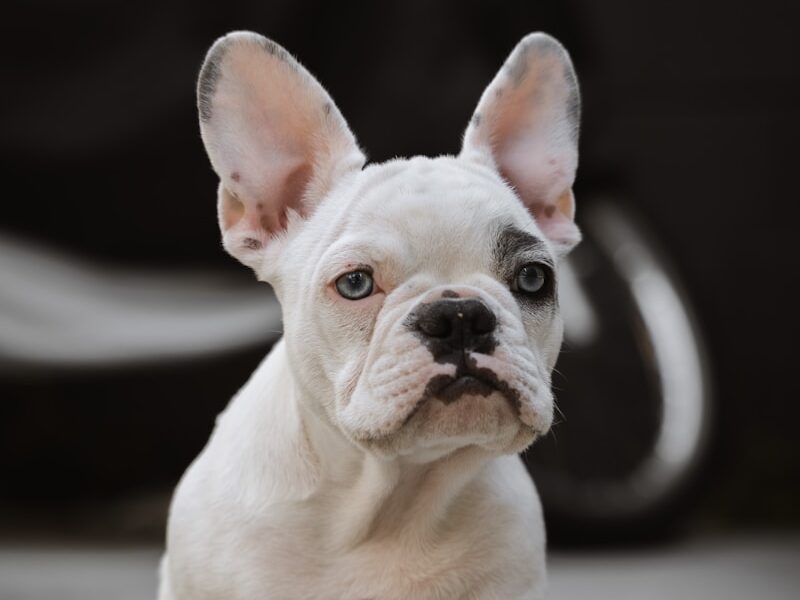
Despite the name, French Bulldogs actually originated in England. They were developed from small toy-sized bulldogs favored by lace-makers in Nottingham during the Industrial Revolution. When many of these workers relocated to France for better opportunities, they brought their little bulldogs with them. French breeders fell in love with their unique look and temperament and continued refining the breed. Over time, these dogs became known as “Bouledogues Français.”
Their Ears Sparked a Breeder Controversy

Believe it or not, there was once a heated debate over the shape of a Frenchie’s ears. Early versions of the breed displayed two types: the rose-shaped ears similar to English Bulldogs and the now-iconic upright “bat ears.” In France, rose ears were more popular, but American breeders strongly preferred the bat-ear look. At one pivotal dog show in the 1890s, a French Bulldog with rose ears was favored, causing outrage among Americans.
They’re Surprisingly Quiet
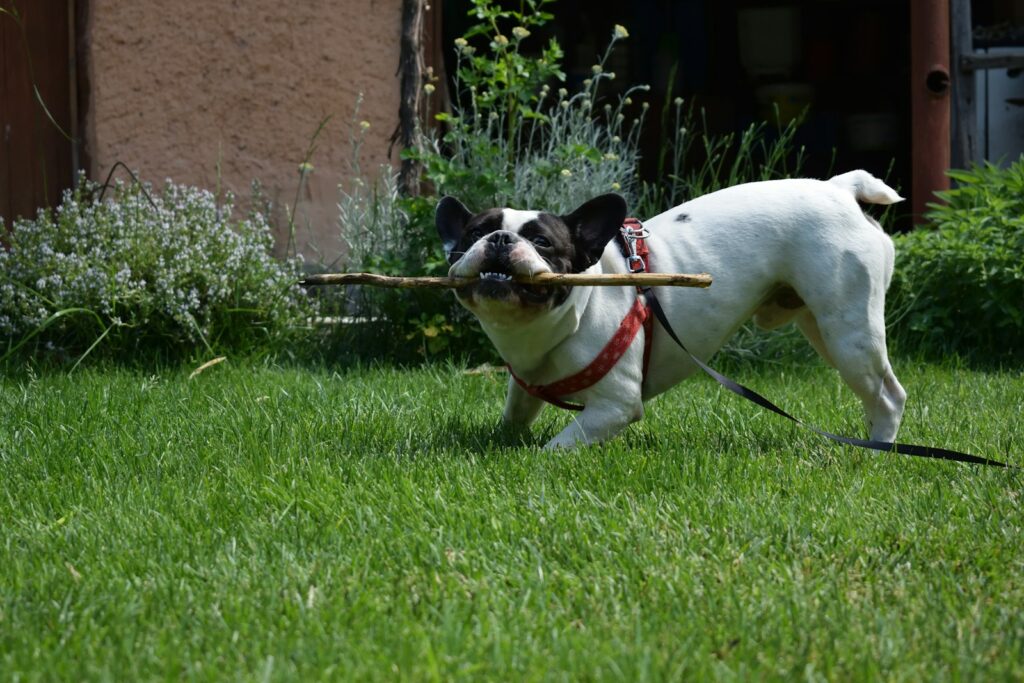
Unlike some small breeds known for excessive barking, French Bulldogs tend to be calm and quiet. They rarely bark without reason and are more likely to communicate with expressive body language or soft grunts than full-on yapping. This trait makes them excellent pets for apartments or shared living spaces, where noise can be an issue. That said, they will still alert you to strangers or unexpected noises—they’re just not the type to bark endlessly at shadows or squirrels.
They’re Known for Their Gas
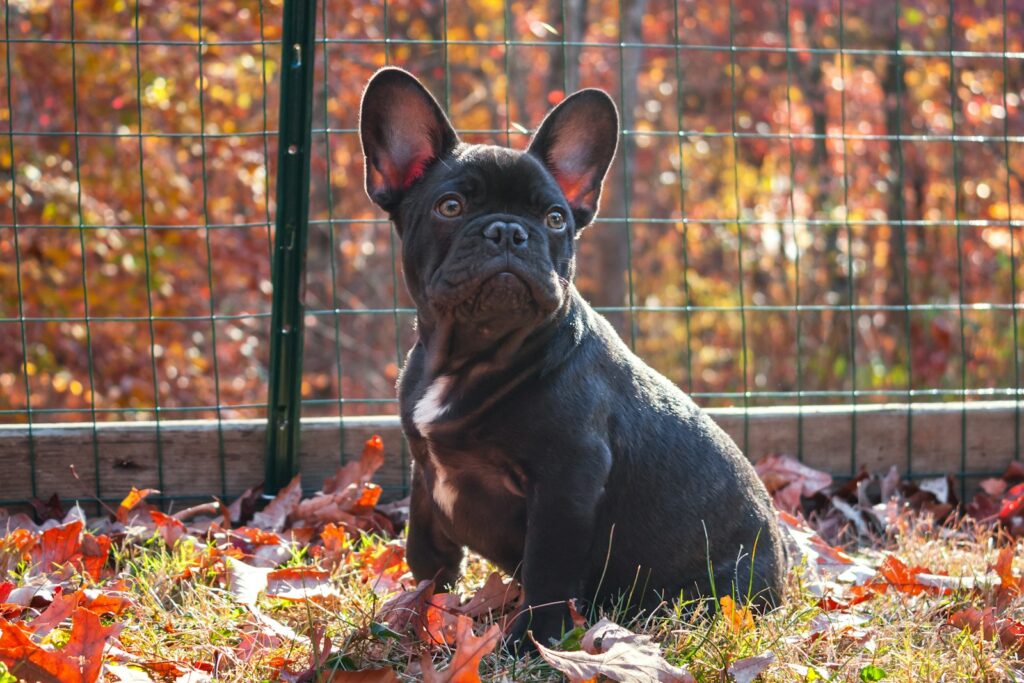
As cute as they are, French Bulldogs are infamous for being gassy. Their flat faces (a trait known as brachycephalic structure) cause them to swallow more air while eating or drinking. That excess air has to go somewhere, and usually, it’s not subtle. Combined with a sensitive digestive system, this can lead to some impressively smelly episodes. Owners often learn the hard way that food quality and feeding habits make a huge difference.
They Overheat Easily
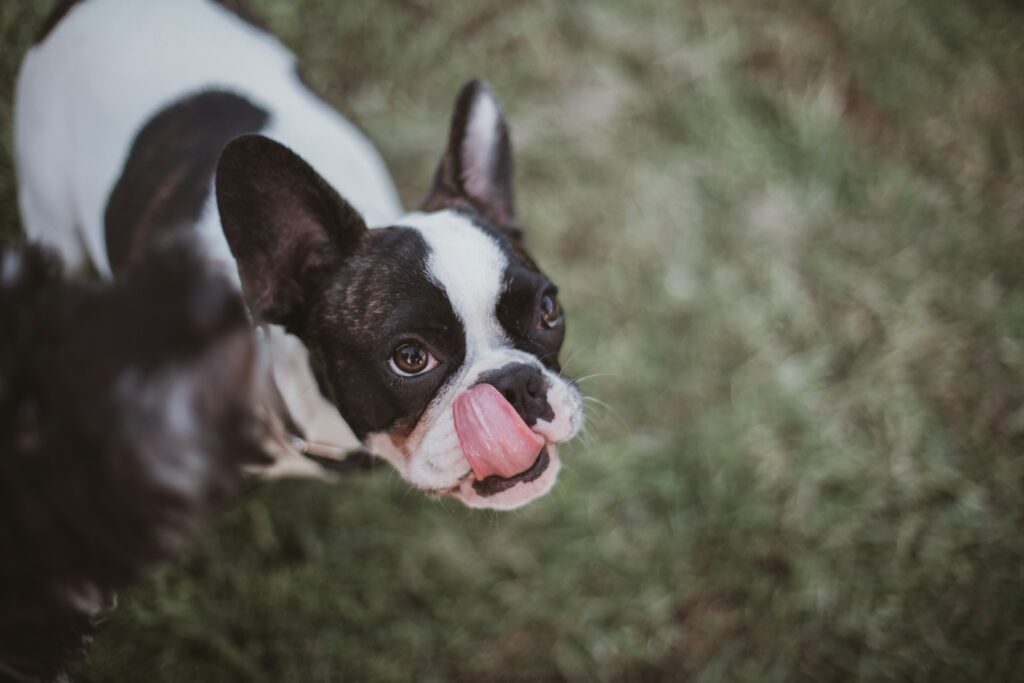
French Bulldogs don’t do well in the heat, and their unique anatomy is to blame. With shortened airways and compromised breathing efficiency, they struggle to regulate body temperature, especially during warm or humid weather. Even moderate exercise can put them at risk for heatstroke. Unlike dogs with longer snouts, they can’t pant effectively to cool down. This makes it crucial to monitor them closely on hot days, provide plenty of water, and keep outdoor walks short.
C-Sections Are the Norm for Delivery
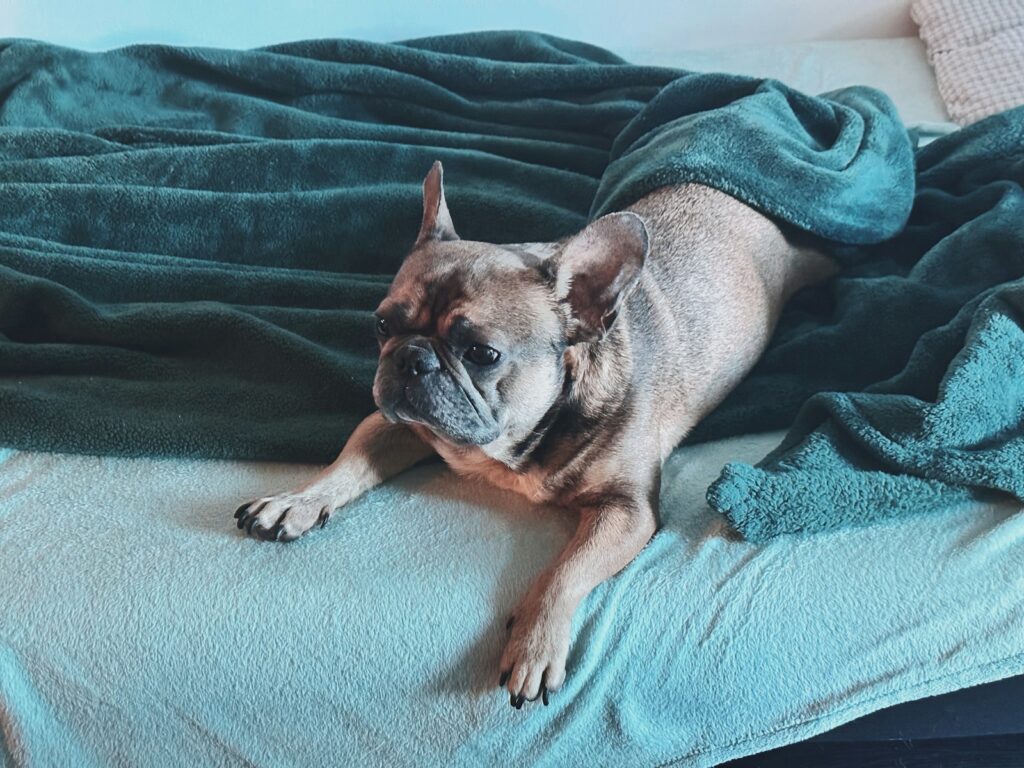
French Bulldogs almost always require cesarean sections when giving birth. Their narrow hips combined with the relatively large heads of their puppies, make natural delivery dangerous. In fact, over 80% of Frenchie births are planned C-sections performed by veterinarians. This high-risk reproduction process is one reason why French Bulldog puppies are so expensive. Ethical breeders must account for the cost of surgical delivery, prenatal care, and intensive newborn monitoring.
They’re Often Banned From Flying
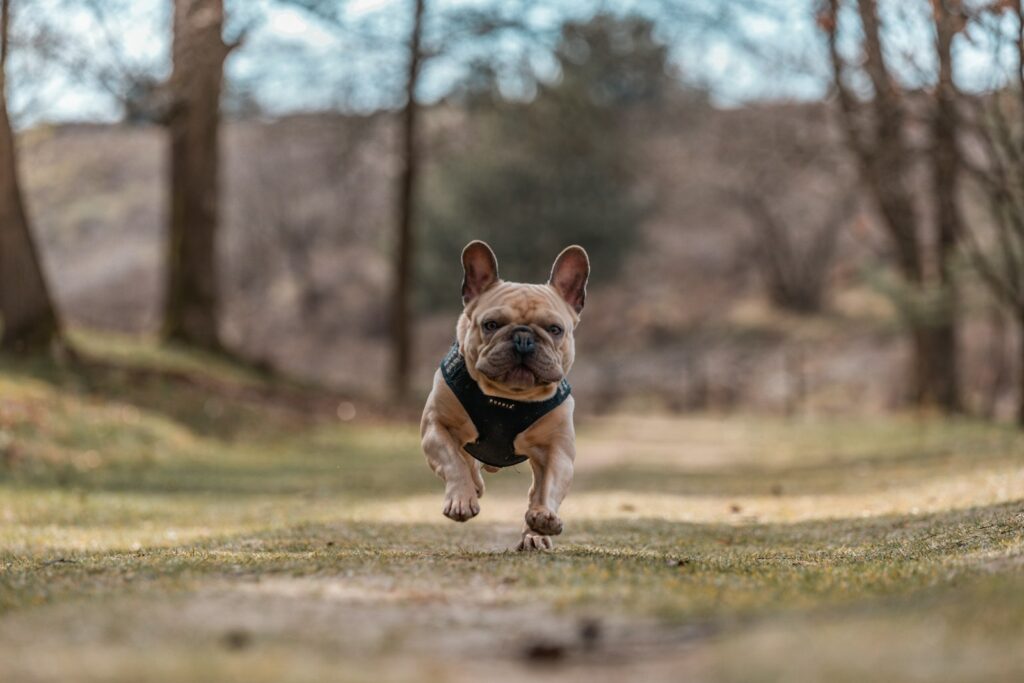
Air travel can be dangerous for French Bulldogs due to their brachycephalic (short-nosed) anatomy. These dogs are prone to breathing issues that can become life-threatening during high-altitude, low-pressure conditions, especially in airline cargo holds. Because of this, many airlines have banned French Bulldogs and similar breeds from flying as cargo altogether. Even in the cabin, flying can be stressful and risky.
They Don’t Need Intense Exercise

Unlike border collies or German shepherds, French Bulldogs aren’t built for long hikes, agility courses, or marathon fetch sessions. Their energy comes in short bursts, followed by long periods of rest. A couple of brisk walks and some indoor play each day are usually enough to keep them content. In fact, too much exercise, especially in hot or humid conditions, can be dangerous due to their respiratory limitations. That makes them a great match for less active households or city dwellers.
They Crave Constant Attention

French Bulldogs are true Velcro dogs. They don’t just like attention—they need it. These dogs form strong emotional bonds with their humans and often follow them from room to room like a shadow. If you close the door while they’re on the other side, expect to hear a protest. Left alone too long, Frenchies may become anxious, vocal, or even destructive. They thrive when treated as part of the family and struggle when treated like an afterthought.
They Snore Like Old Men
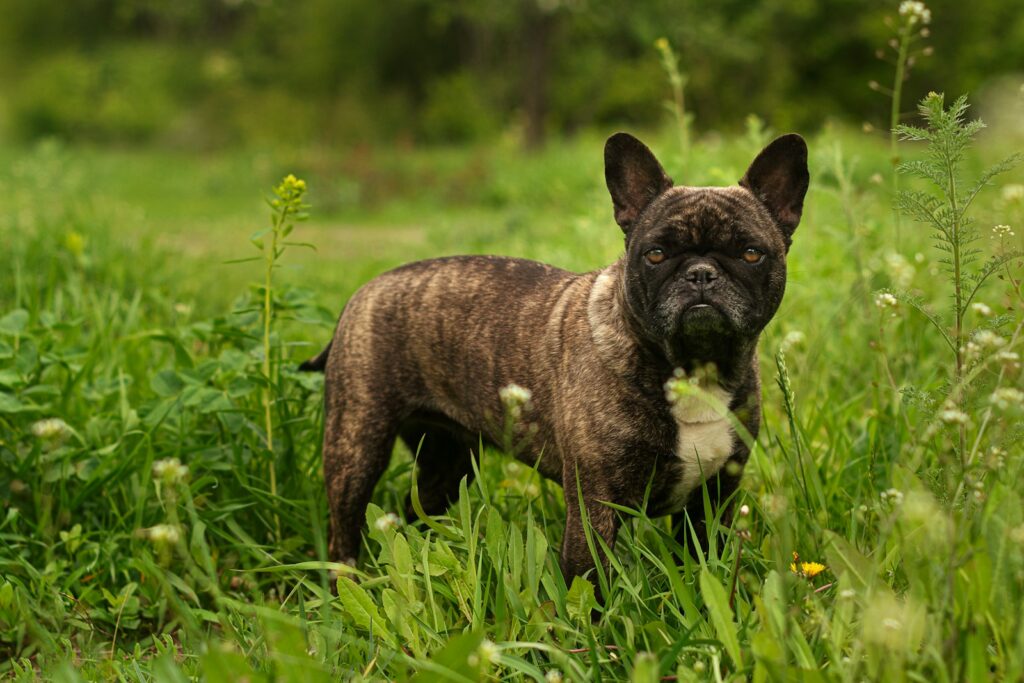
Frenchies are notorious snorers, and we’re not talking about cute little snuffles. Their compact airways and flat faces cause heavy breathing even while they’re awake, but when they fall asleep, the noise can become epic. Their snores can be heard from across the room, and some even make squeaky or honking noises. While it can be funny at first, it may not be ideal for light sleepers. Many owners adjust by using sound machines or giving their Frenchie their own bed.
They Sleep a Lot

It’s not unusual for a healthy adult Frenchie to sleep 12 to 14 hours a day, and even more during puppyhood. They love curling up in a cozy spot and staying there for hours, only emerging for food, cuddles, or short play sessions. This low-energy lifestyle makes them ideal for apartment dwellers or older owners. But don’t confuse sleepiness with laziness. It’s just how they recharge. When they’re awake, they’re playful and engaged. When they’re asleep, they’re out cold. Either way, they know how to relax better than most humans.
They’re Born Comedians
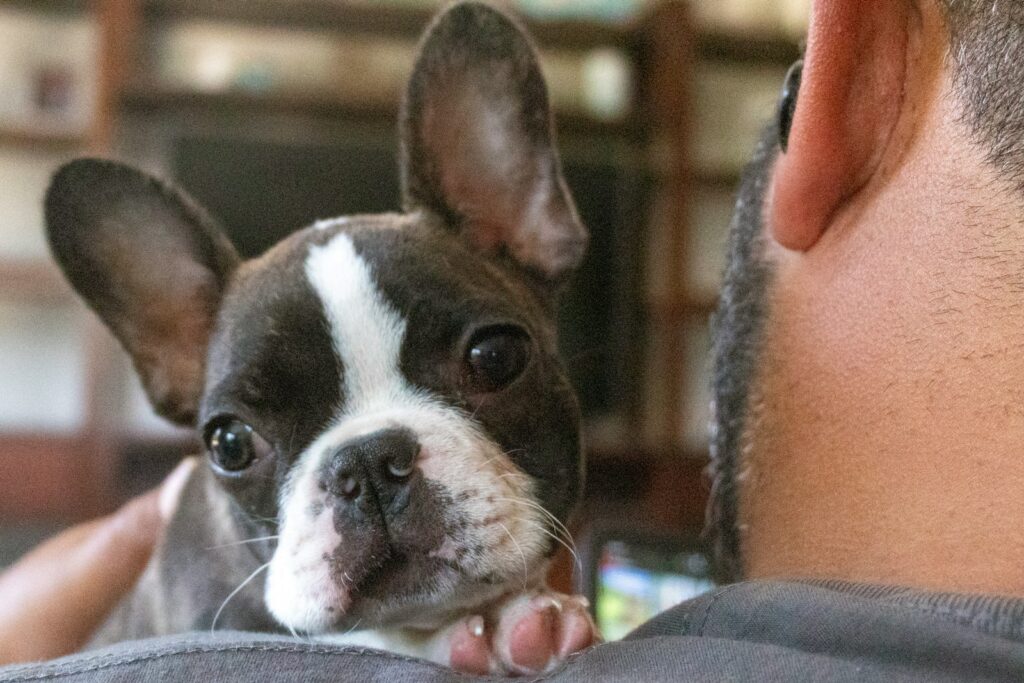
If you spend time around a Frenchie, you’ll notice something quickly—they’re hilarious. Their clumsy movements, exaggerated expressions, and over-the-top reactions make them natural entertainers. They’ll chase their tail, make ridiculous noises, or throw themselves dramatically on the floor for attention. They don’t even try to be funny. It just comes with the breed. French Bulldogs are often described as “cartoon dogs” because of how expressive and animated they are.
They Can Be Very Stubborn
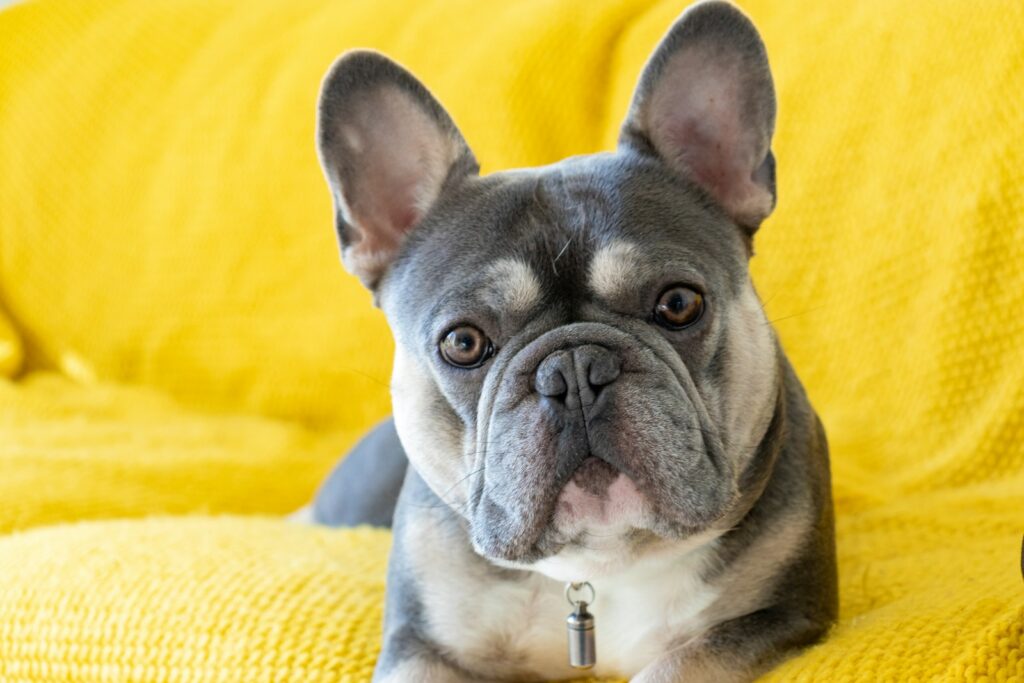
French Bulldogs have a strong will. They’re intelligent, but not always interested in doing what you ask. Training can be a challenge because they like to test boundaries and do things on their own terms. One day, they’ll follow a command perfectly, and the next, they’ll act like they’ve never heard the word “sit” before. Positive reinforcement is the best strategy, along with short, consistent training sessions. Harsh discipline doesn’t work. Instead, it just makes them shut down.
They’re Good With Kids
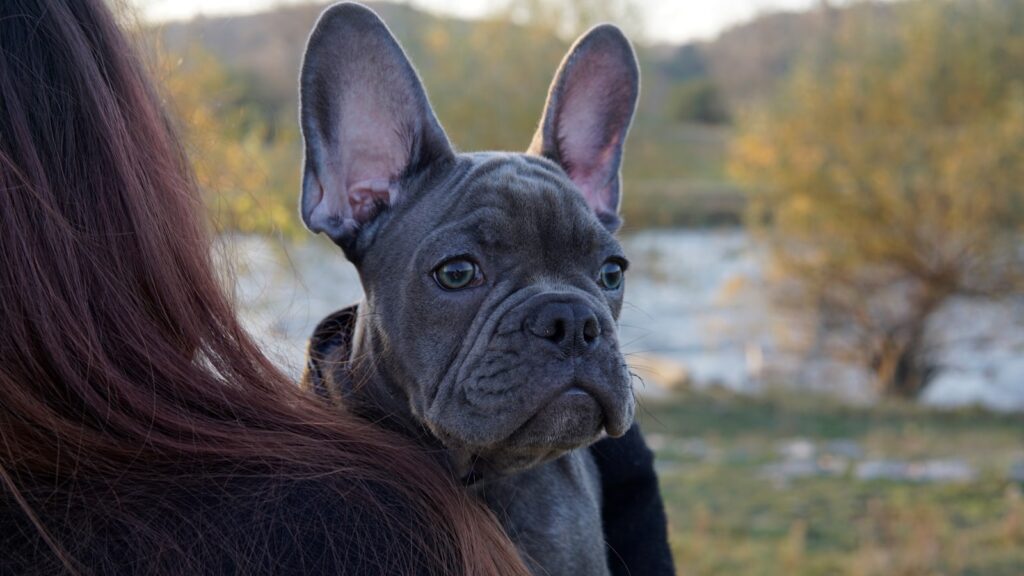
French Bulldogs are gentle, affectionate, and sturdy enough to keep up with children, without being overwhelming. They’re not snappy or overly reactive, which makes them great companions for families with kids. They love being part of the action but are rarely rough or too energetic. Their small size also makes them less intimidating for younger children. Of course, supervision is still important, especially with toddlers, but overall, Frenchies are known for their patience and easygoing temperament.
They’re Emotionally Sensitive
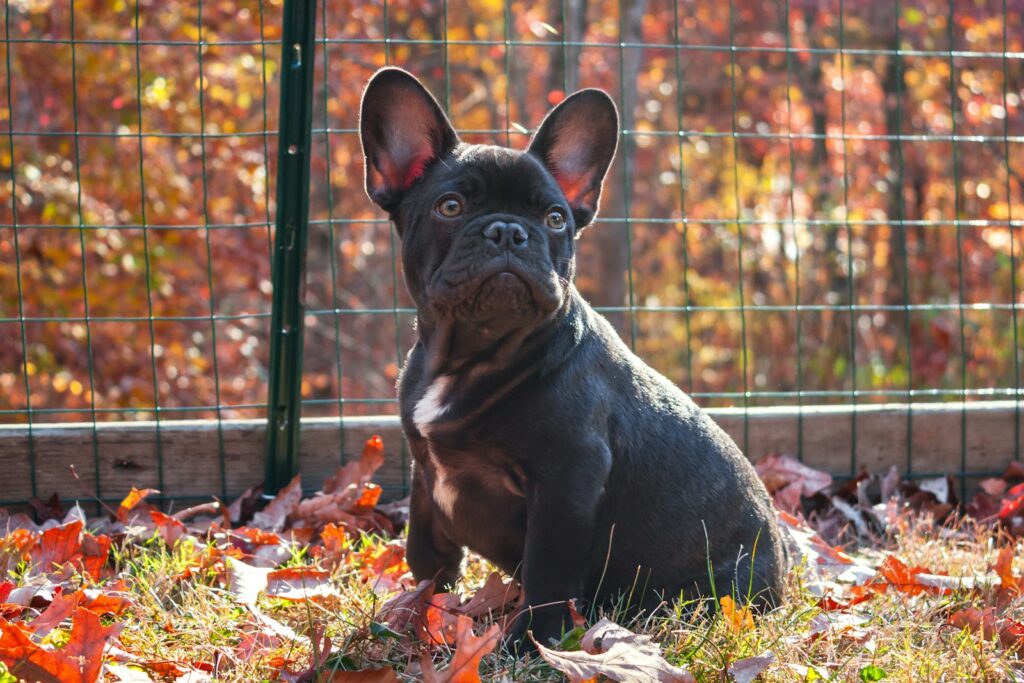
Frenchies may act tough, but deep down, they’re emotionally soft. They pick up on your tone of voice, body language, and mood. If you’re upset, they’re likely to respond by sulking or giving you the sad eyes. Yelling or scolding can really hurt their feelings, causing them to withdraw or behave anxiously. They thrive in homes with positive energy and gentle guidance. If you raise your voice, they won’t forget it quickly. In fact, they may even hold a grudge.
They Shed More Than You’d Expect
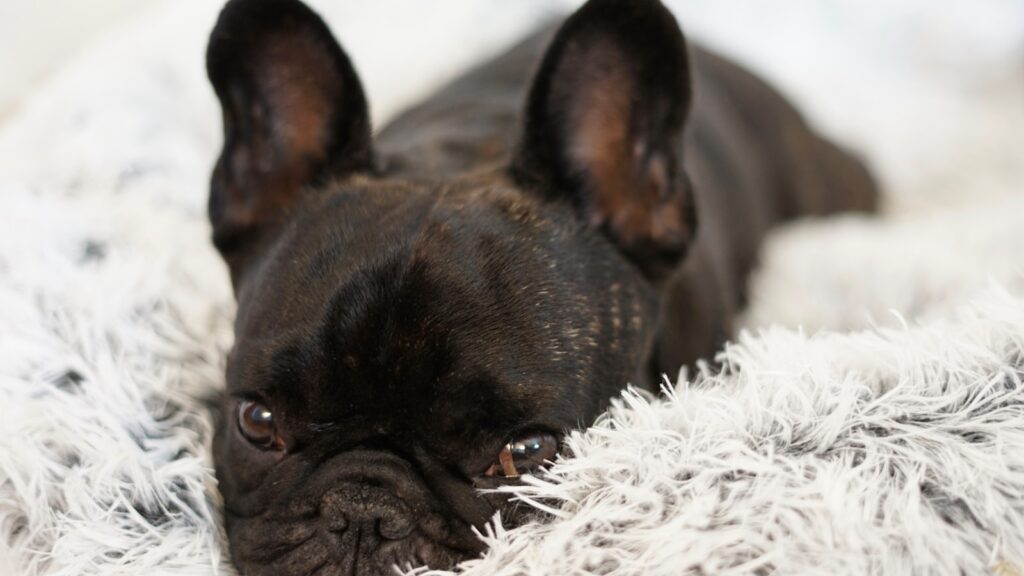
French Bulldogs shed, and sometimes a lot. While their fur is fine and soft, it falls out consistently, especially during seasonal changes. You’ll find hair on your clothes, couch, and car seats. Weekly brushing can help manage the shedding, but you’ll still need a lint roller nearby. Some owners are caught off guard, expecting a low-maintenance coat because of the breed’s sleek look. But shedding is part of the package. On the bright side, they’re relatively easy to groom overall.
Their Eyes Are Surprisingly Expressive

French Bulldogs have large, round eyes that seem to communicate entire emotions with just one look. Whether it’s joy, guilt, curiosity, or sass, you’ll see it all reflected in their gaze. They use their eyes as a tool, especially when begging for food or trying to guilt-trip you into extra cuddles. Some even develop a comical side-eye when they’re unimpressed. Because of their eye size, it’s also important to watch for irritation or dryness. But beyond health concerns, their eyes are one of their most captivating features. One look from a Frenchie can melt even the most stubborn heart.
They’re Expert Drama Queens
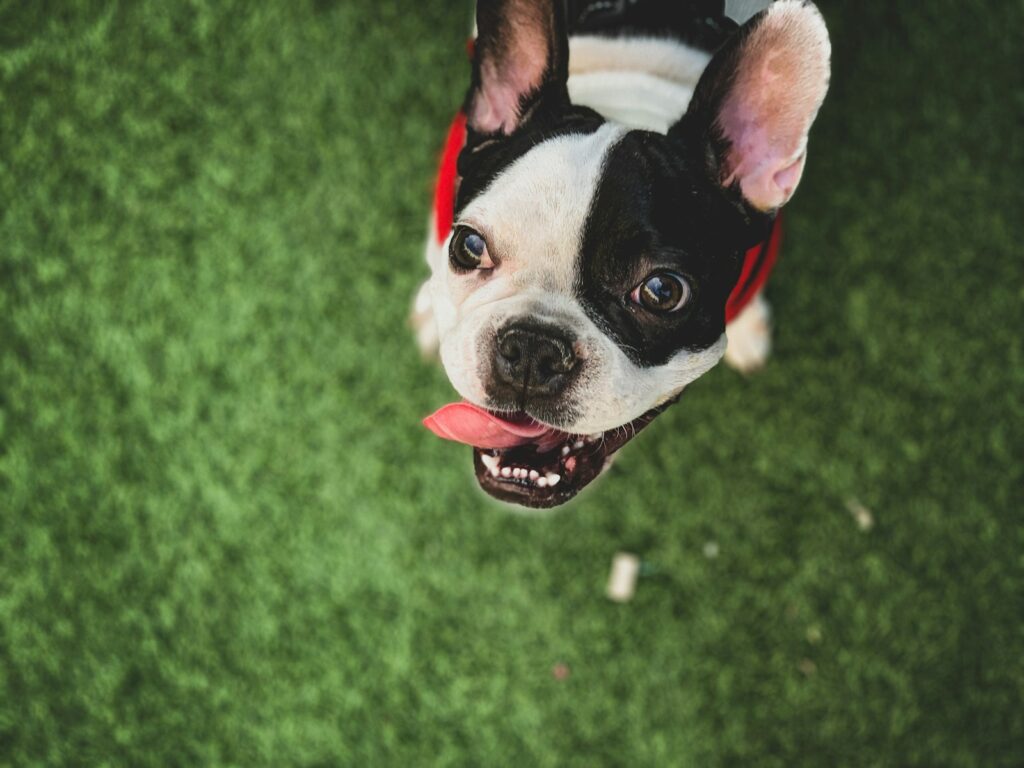
Frenchies don’t just react to life—they put on a show. Try giving them a bath, and you might hear yelps that sound like opera. Make them walk in the rain, and they’ll freeze in place like a statue. If you take too long with their dinner, expect dramatic sighs or pointed stares. They exaggerate everything, and it’s both hilarious and relatable. Their flair for the dramatic makes them endlessly entertaining, but also a little high-maintenance. You can’t always take their reactions at face value. Sometimes, they’re just being theatrical. Still, their over-the-top antics are one of the reasons owners adore them.
They’re Prone to Allergies

French Bulldogs have notoriously sensitive skin and digestive systems. Many develop allergies to common ingredients like chicken, wheat, or even certain cleaning products or grasses. You might notice symptoms like constant scratching, red paws, ear infections, or runny eyes. These issues can become chronic if not addressed. A vet may recommend allergy testing, specialized food, or even regular medicated baths. While not all Frenchies suffer from allergies, it’s a common enough issue that most owners deal with it at some point.
They Can Be Possessive of Their Favorite Person
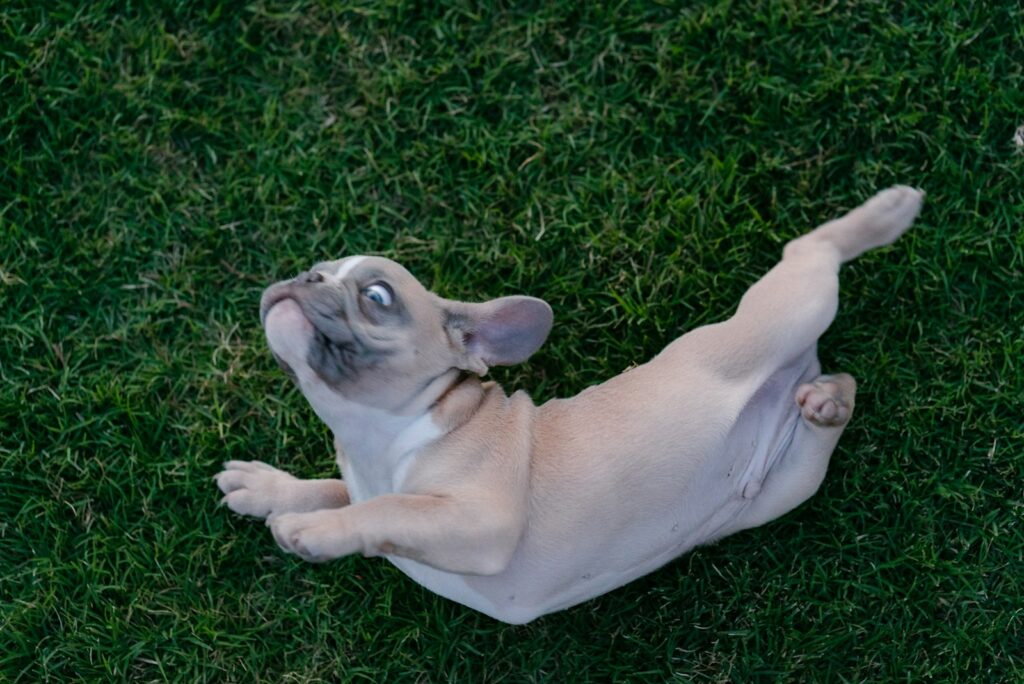
Frenchies form deep, sometimes overly intense, bonds with one particular person. While they’re friendly with others, they often choose “their human” and become fiercely loyal to them. That bond can lead to jealousy or attention-seeking behavior, especially when a new baby, partner, or pet enters the picture. They might act out by pushing between you and someone else or sulking in the corner. Early socialization and boundary training help, but some level of clinginess is part of the breed’s charm.
Their Facial Folds Require Regular Cleaning
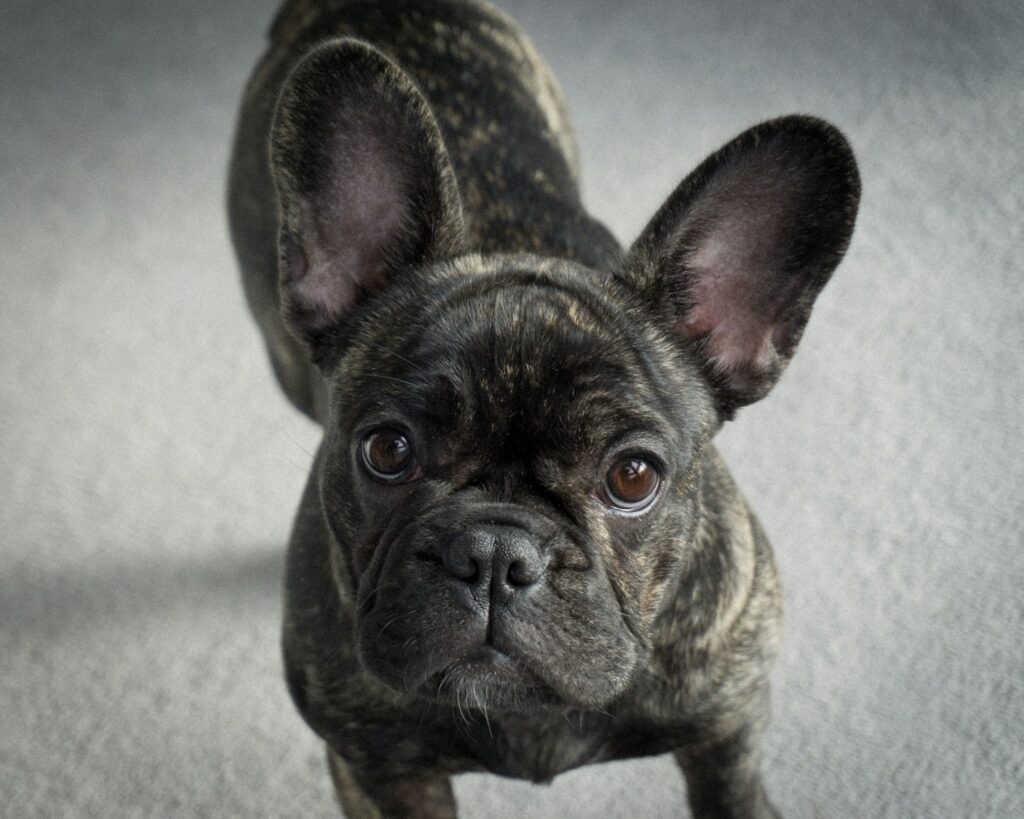
Those adorable wrinkles on a Frenchie’s face aren’t just for looks. They’re also high-maintenance. Moisture, food, and bacteria can easily get trapped between the folds, especially around the nose. If not cleaned regularly, these areas can develop redness, irritation, and infections. Owners should gently wipe the folds with a damp cloth or a pet-safe wipe several times a week, more frequently in hot or humid weather. It’s a simple habit that makes a big difference in their comfort and health. If you’re not ready for a little routine skincare, a Frenchie might not be the right breed for you.
They Despise Getting Wet
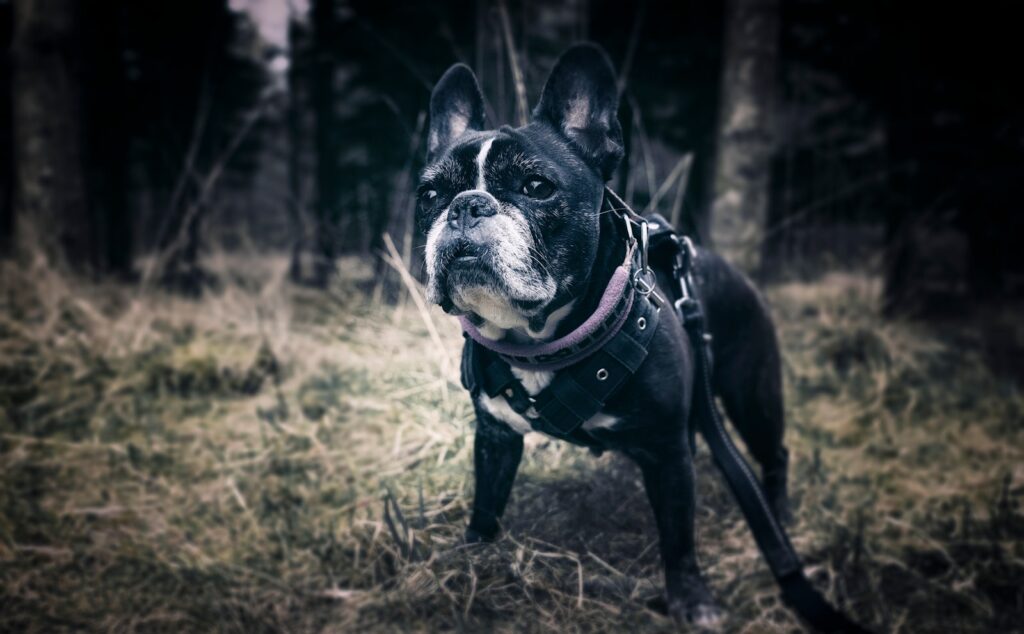
Some dogs love water. French Bulldogs… do not. Most absolutely hate baths, rain, puddles, or even the idea of wet grass. Walks on rainy days can become dramatic standoffs, with your Frenchie planted firmly on the doorstep refusing to move. Bath time? Expect stubborn resistance or theatrical whining. Their dislike of water likely comes from a combination of their cold sensitivity and poor swimming ability. While there are exceptions, most Frenchies prefer to stay dry and warm.
They Make Fantastic Therapy Dogs

Despite their stubborn streak, French Bulldogs have an uncanny emotional intelligence. They often sense when someone is upset, anxious, or low-energy, and respond by calmly sitting beside them, offering quiet companionship. Their small size and gentle demeanor make them ideal therapy dogs in hospitals, nursing homes, or classrooms. Many have become registered emotional support animals, helping people cope with anxiety or depression.
They Don’t Do Well Alone for Long
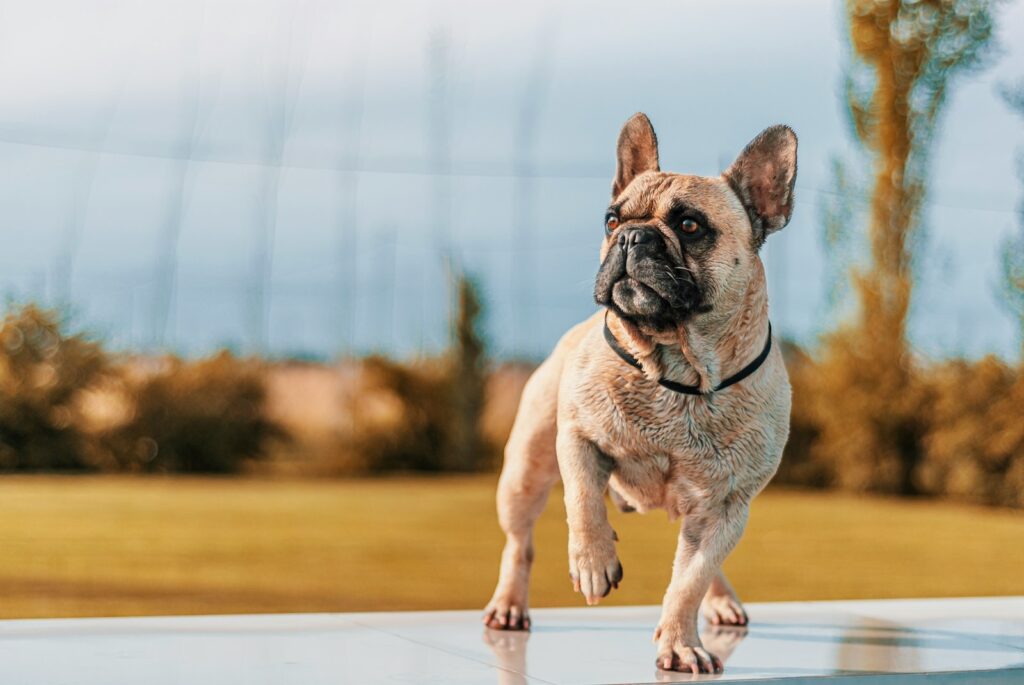
French Bulldogs are highly social and don’t tolerate being left alone for extended periods. Without companionship, they can develop separation anxiety, leading to destructive behavior like chewing furniture, barking excessively, or scratching doors. Some even stop eating or sulk when left alone too long. Crate training, toys, and routines can help, but at their core, they’re companion dogs.
They Have a Distinctive Waddle

One of the cutest things about French Bulldogs is their signature waddle. Their compact, wide-set build and muscular back legs create a little side-to-side motion when they walk. It’s not a flaw—it’s part of what makes them instantly recognizable. That wiggle, combined with their upright ears and squashed face, gives them a unique silhouette that stands out in any crowd. While it looks charming, it also reflects their physical limitations.
Pet Insurance Is Practically a Must
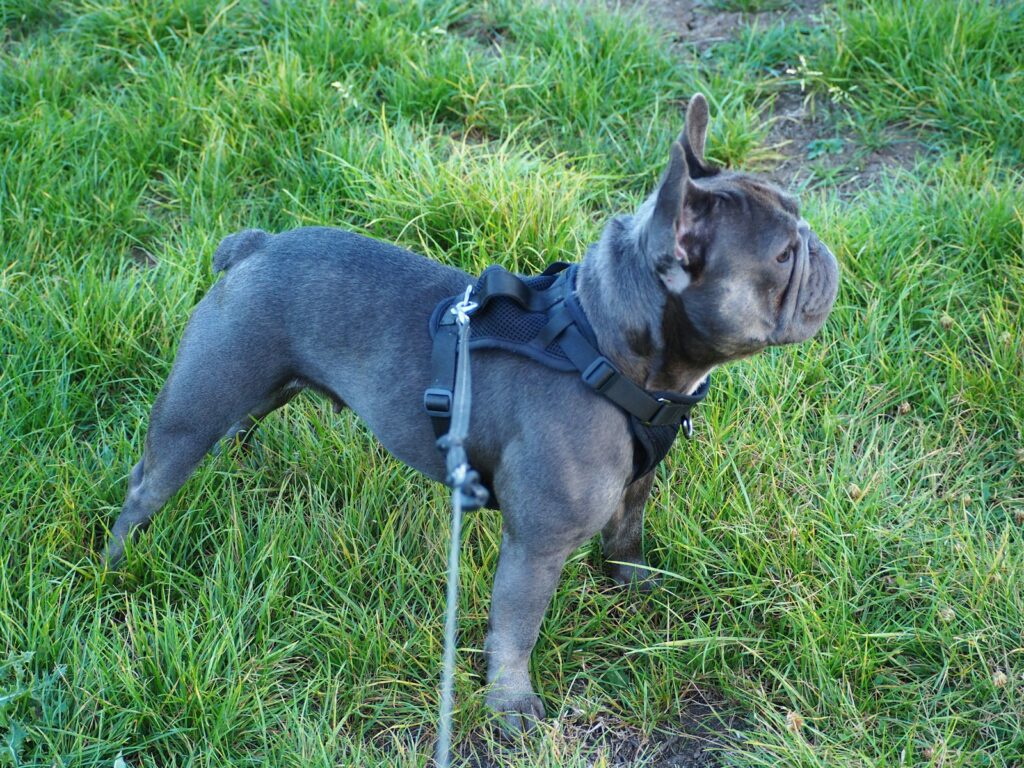
With their long list of potential health issues, like breathing difficulties, joint problems, allergies, and skin infections, owning a French Bulldog often means frequent vet visits. Emergency bills can add up quickly, especially if surgery or long-term medication is involved. That’s why many Frenchie owners opt for pet insurance early on. Premiums may be higher than average, but the coverage often pays off in the long run. If you’re considering this breed, budgeting for routine and unexpected medical costs is essential.
They’re Extremely Loyal and Selective
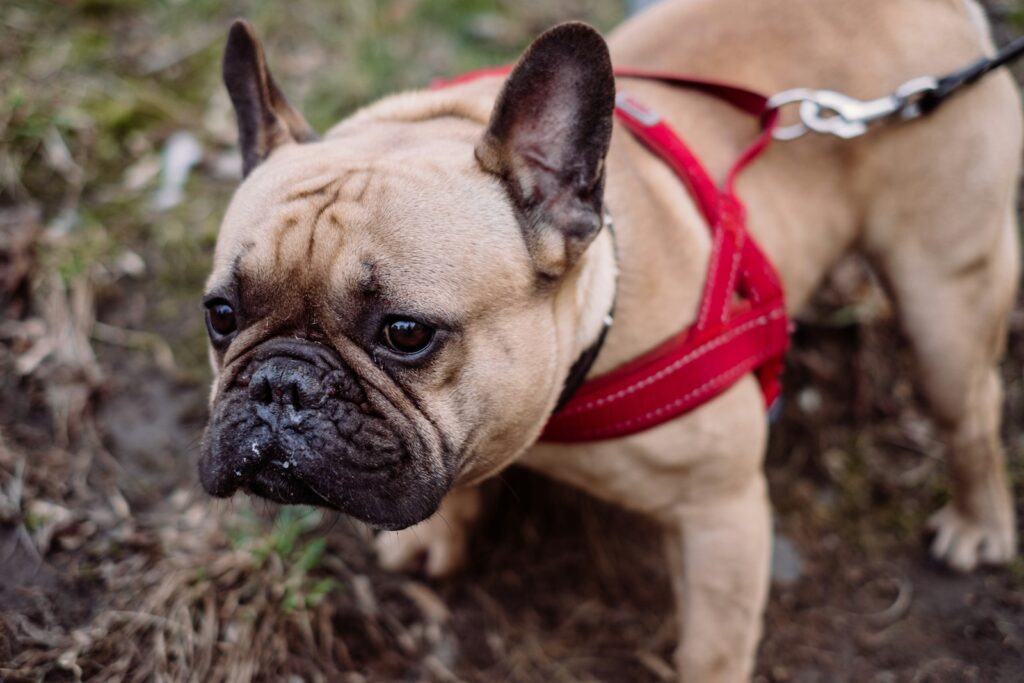
French Bulldogs don’t hand out loyalty to everyone—they choose their people carefully. Once they trust you, they’re all in. They’ll follow you around the house, wait outside the bathroom door, and cuddle into your side at every opportunity. But they’re also surprisingly discerning with strangers. Some warm up quickly, while others stay reserved. And once you’ve earned it, you’ve got a friend for life. They won’t be the dog who befriends every stranger at the park, but they’ll be the one who stays glued to your side when it counts.
One Is Never Enough

Ask most Frenchie owners, and you’ll hear the same thing: after one, you want another. Something about their charm, goofiness, and devotion creates a bond that’s hard to replicate with other breeds. Their quirks become part of your daily rhythm, and suddenly, you can’t imagine life without their snores, stares, and stubborn little attitudes. That’s why many households eventually add a second Frenchie—or more.
